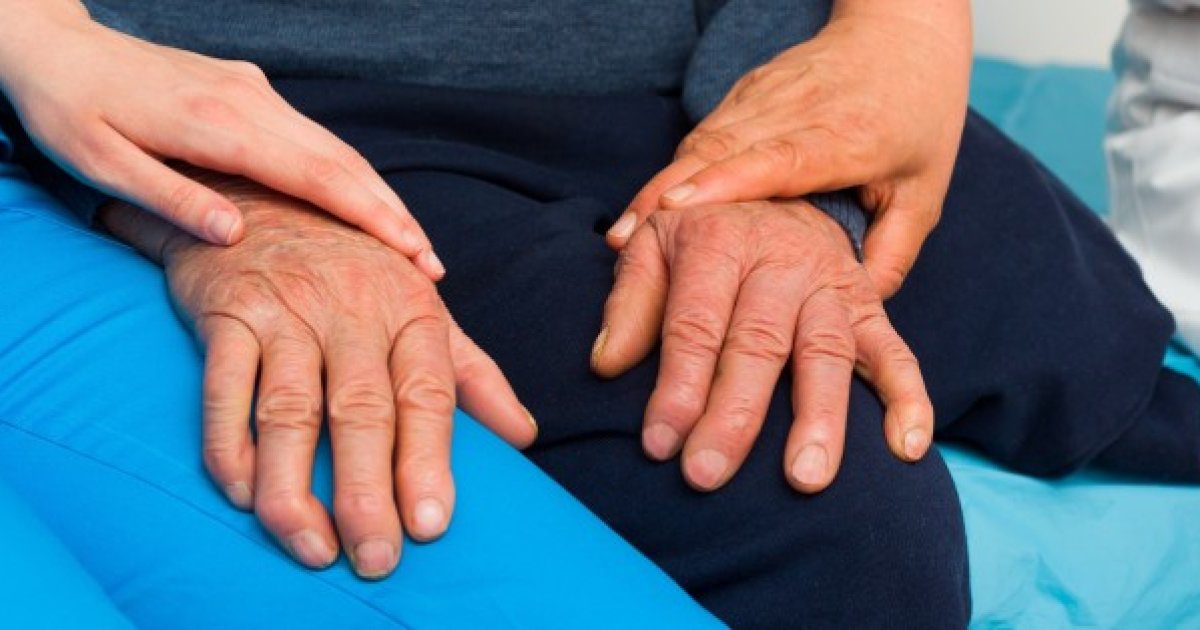What Causes Dystonia?
Tuberculosis
Tuberculosis is an infectious disease caused by bacteria. While the bacteria normally impacts the lungs, it may occasionally travel to the membranes surrounding the brain, where it will cause neurological symptoms. This form of the disease is known as meningeal tuberculosis. Individuals who live in developing countries may face a higher risk of this condition, and it is more commonly diagnosed in children under four years old.
Tuberculosis normally begins with a low fever and fatigue. As it advances, patients often develop confusion, and they may become lethargic and lose consciousness. Symptoms traditionally associated with meningitis, including a stiff neck, sensitivity to light, and headaches, may or may not be present with meningeal tuberculosis. If left untreated, patients may develop seizures, strokes, and an increased level of pressure in the brain. Treatment for tuberculosis normally includes medications such as isoniazid, rifampin, and pyrazinamide. Successful treatment can reduce the amount of neurological damage this condition may cause. Most patients need to take medications for at least one year.
Learn more about the various causes of dystonia now.
Parkinson's Disease

Parkinson's disease is a progressive disorder that causes numerous symptoms associated with dystonia. The first symptom patients with this condition usually observe is a hand tremor. Patients may also find their movements are stiff and they move more slowly than normal. For example, patients may stop swinging their arms as they walk, and their speech may be slurred and softer than usual. Symptoms are typically worse on one side of the body, and patients may have muscle pain, reduced range of motion, and balance problems. Treatment for Parkinson's disease may help reduce pain and some of the tremors. For early-stage patients, medications such as carbidopa-levodopa, dopamine agonists, and MAO B inhibitors are often recommended. At later stages of Parkinson's disease progression, surgical interventions may be beneficial. In particular, deep brain stimulation is very effective in reducing tremors for a sustained period, including tremors unresponsive to medication. Medical treatments may be combined with lifestyle modifications, physical therapy, and speech therapy to maximize the quality of life.
Discover another cause of dystonia now.
